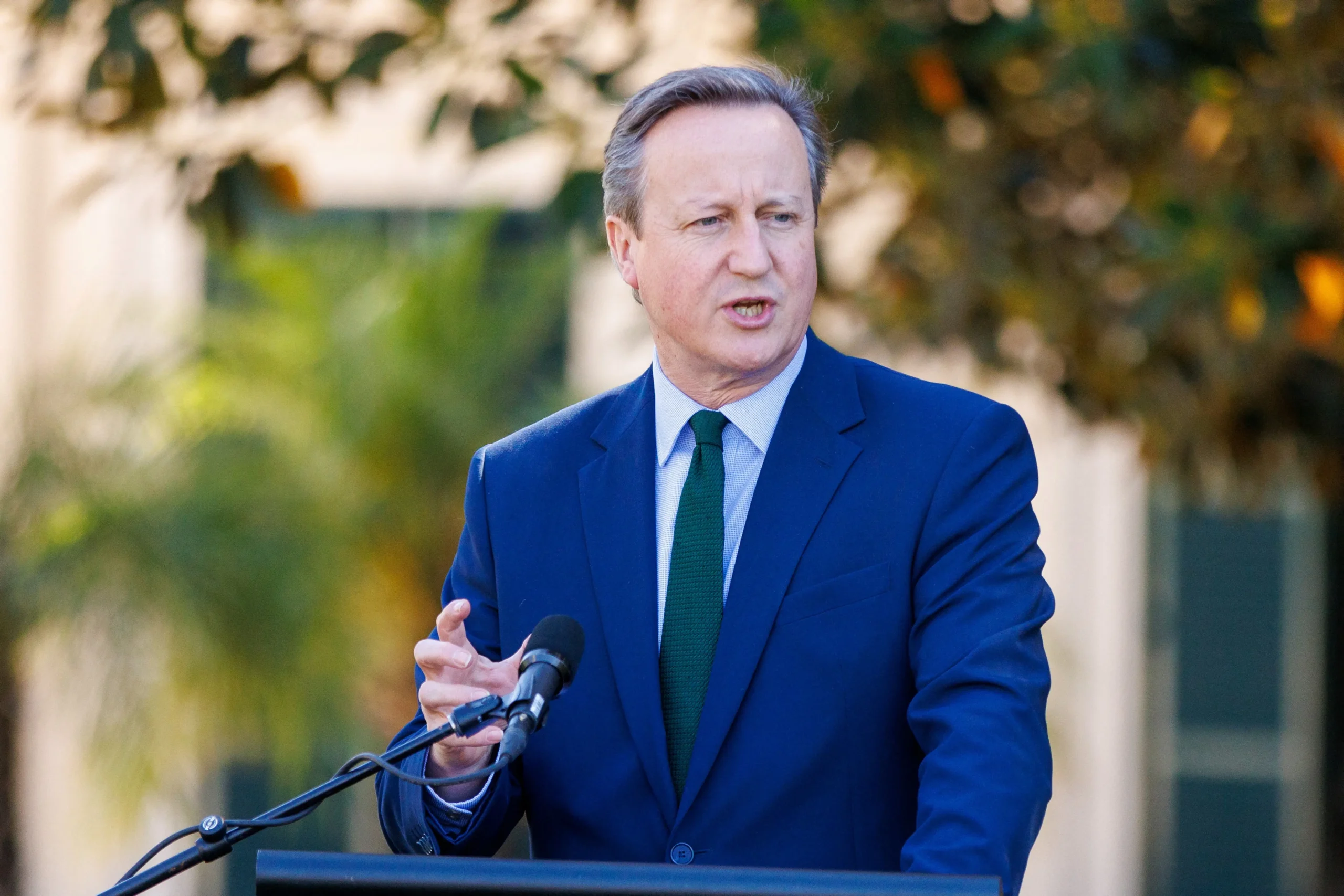London (Parliament News) – David Cameron announced the UK’s refusal to follow the US in halting arms sales to Israel, citing differences in scale and stating support for civilian protection in Rafah.
David Cameron has expressed the UK will not be following the US in withholding arms sales to Israel, stating the positions are not comparable since the UK is not a large state-to-state arms supplier to Israel.
What is the UK’s position on the truce proposal between Hamas and Israel?
The foreign secretary added that the UK did not sustain a large-scale invasion of Rafah unless it saw a plan that shields civilians, a position the UK has repeated for the past month. Foreign Office officials stated they had no view as to whether Hamas or Israel were closer to the UK position of a two-stage truce, starting with a humanitarian ceasefire and leading to a permanent cessation. They indicated that Israel claimed the offer taken by Hamas on Sunday differed from the one that Israel had been prepared to accept the week before.
Taking queries at the end of a lengthy speech setting out his foreign policy vision after six months on the job, Cameron stated: “There’s a very fundamental difference between the US situation and the UK situation.
“The US is a massive state supplier of weapons to Israel. We do not have a UK government supply of weapons to Israel, we have a number of licences, and I think our defence exports to Israel are responsible for significantly less than 1% of their total. That is a big difference.
What conditions does the UK require to support a major operation in Rafah?
“On Rafah, we are clear that we would not support some major operation in Rafah unless there was a very clear plan for how to protect people and save lives, and all the rest of it.
“We have not seen that plan, so in the circumstances we will not support a major operation in Rafah.
“We have very clear licensing procedures, some of the toughest and most rigorous in the world. We follow them through very closely and that’s what we’re doing, and will continue to do, in the period ahead.”
What criteria would constitute a breach of international humanitarian law in Rafah?
The US president, Joe Biden, overnight hardened the US standing by saying it would not be supplying arms for use in population centres. UK officials were unwilling to explain what Israel would have to do in Rafah to be deemed to have crossed a red line, but it appears a ground attack would be seen as a breach of international humanitarian law.
Cameron stated he remained focused on improving the flow of humanitarian assistance into Gaza and said the position was enhancing with the opening of the Rafah crossing on Thursday and the delivery of aid.
Cameron’s assertion that UK arms sales are not the same as those from the US to Israel could be challenged on the grounds that the scale or supplier of the arms is immaterial, and the problem is whether the arms are being used in a way that could conflict with UK legal criteria about a risk of a serious breach of international humanitarian law.
Foreign Office officials stated the next formal assessment of UK arms sales and the chance the arms may be used to commit a serious violation was imminent. The formal assessments are driven on a six-week cycle, and the last assessment was completed at the end of March.


